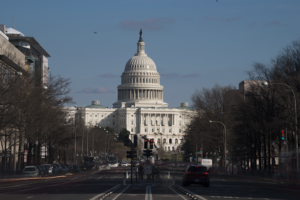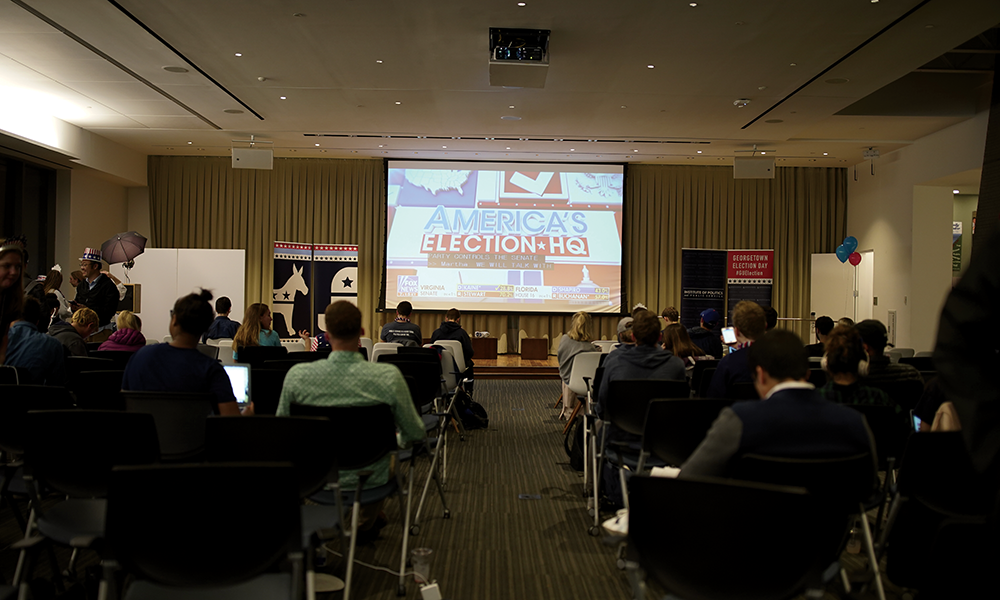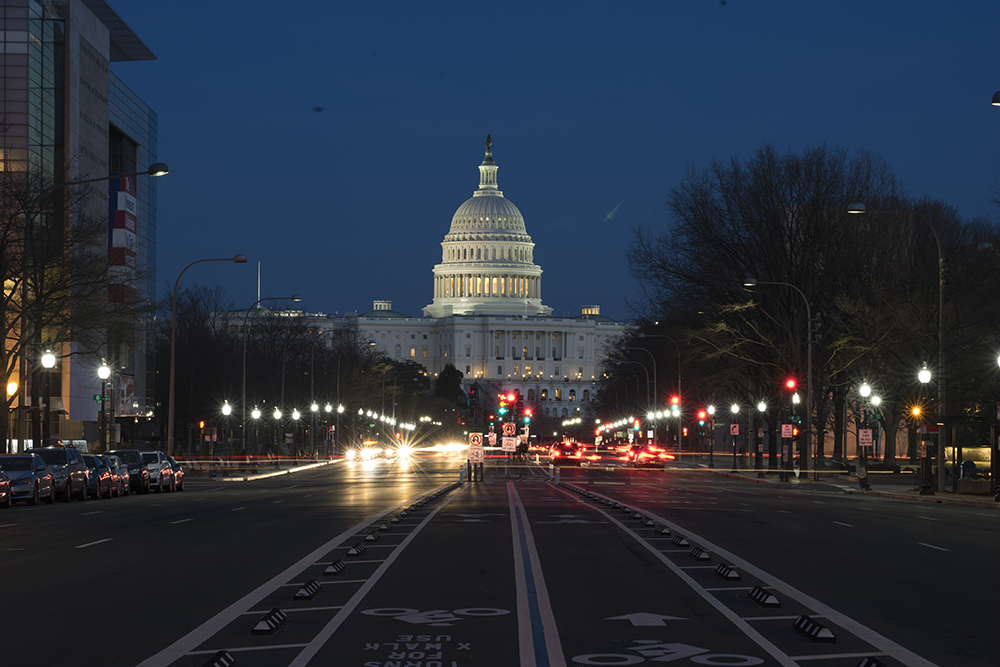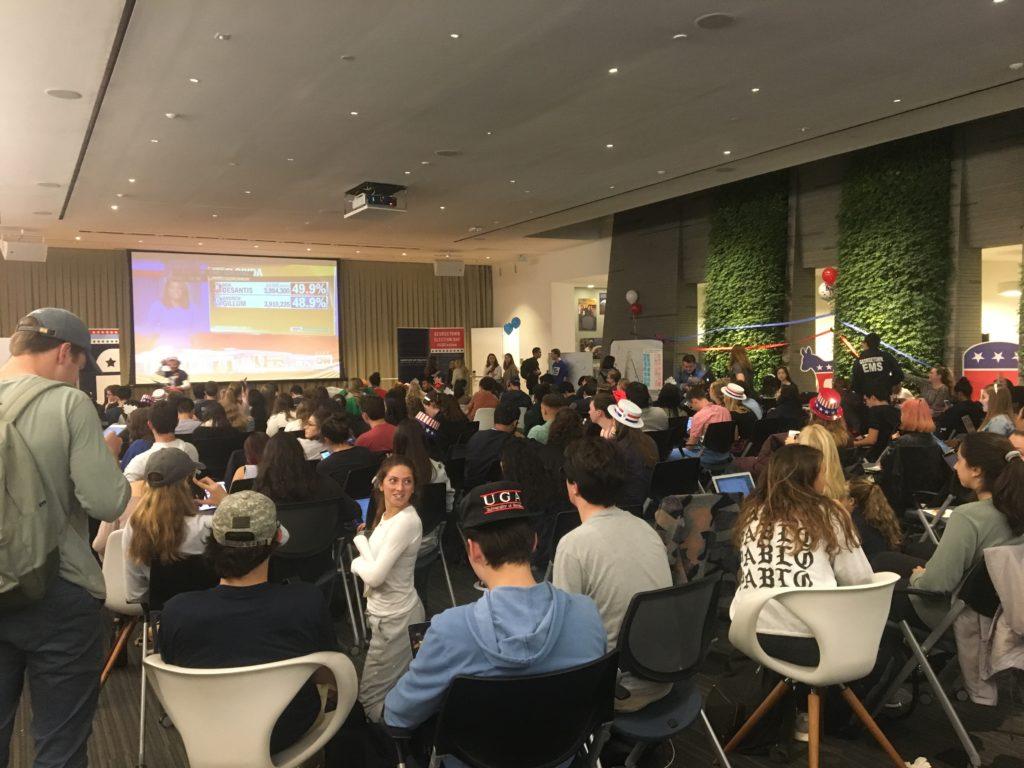Observe D.C. held its inaugural nonpartisan election observation effort Nov. 6 at 83 polling locations across Washington, D.C.
In its preliminary report, the observation found that most polling procedures were followed and that voters were able to cast ballots without issue.
The sample-based Election Day observation effort, founded by McCourt School of Public Policy student Ben Mindes (GRD ’19), aimed to monitor electoral procedures across D.C. Observers paid particular attention to polling place accessibility, Mindes said.
“The main takeaway of something like this is that a community of people, of normal citizens, can come together and, without having any background in election observation, or sample-based methodology, or statistical reasoning or statistical background, can come together and provide an oversight over an election administration process that so far is non-existent in the United States,” Mindes said in an interview with The Hoya.

The Observe D.C. effort is the first of its kind in the United States, Mindes said. Although international or other observers may watch elections for brief periods of time, this work is the first attempt to provide a comprehensive and nonpartisan look at the efficacy of a municipality’s voting procedures.
Eighty-three election observers watched at an equal number of polling places from 7 a.m., when polls opened, until 8 p.m., when polls closed. They were paid a $50 stipend for their time.
Using a checklist of about 40 questions, the observers noted whether or not certain procedures had been followed or guidelines were met, like the polling location having an accessible entrance or if magnifying glasses were available.
The observers then phoned a call center on campus staffed with 12 volunteers at a time to report their findings.
With the exception that nearly one-third of polling places had failed to post a “zero tape,” a machine-created printout verifying that no one had voted before 7 a.m., D.C. polling locations largely followed standard election procedures.
Mindes chose to conduct the inaugural observation in D.C. because of the well-funded and well-staffed nature of the D.C. Board of Elections, and because such observations are allowed, he said. Although a last-minute change prevented Observe D.C. from watching polling places set up and close due to concerns about security, 100 percent of the team was able to watch the election for the entire day in their assigned polling place.
The election observers were a mix of those interested in elections and public policy, and included students and others, Mindes said. They ranged from undergraduate students to William Jerome Maxwell, a man in his mid-60s who found Observe D.C. on Facebook and decided to join. Observe D.C. was a way for Maxwell to honor his mother, who was also an election observer, Mindes said.
The final report on the election will be disseminated locally, Mindes said, and every 2018 election candidate in D.C. will receive a copy.
The group is also testifying to the D.C. City Council Committee on the Judiciary and Public Safety, which oversees the Board of Elections.
Mindes hopes that this effort can be replicated in other communities across the United States, as a way for citizens to begin to take ownership of their local elections. Because every municipality has different rules for election procedures and for election observations, it would not be possible to do it on a national scale without localized subgroups, he said. However, the success of Observe D.C.’s first year in the District may serve as a model for others.
“Citizen observers around the world — and there have been millions — they have the data, they understand their community and they’re there to stay and they’re the ones with the power and the connections and the voice in the community that doesn’t fly away the next day,” Mindes said.

















